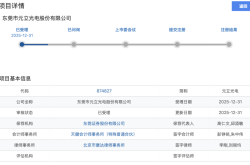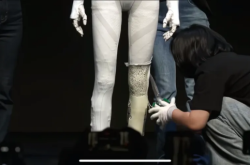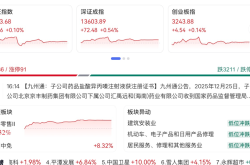Xiaopeng's self-developed chip tapeout
![]() 09/02 2024
09/02 2024
![]() 570
570
According to media reports, following the tapeout of NIO's self-developed intelligent driving chip "Shenji NX9031", Xiaopeng Motors has also made significant progress in its self-developed intelligent driving chip, which has successfully completed tapeout.
This chip is specifically designed for the demands of AI and end-to-end large models, capable of supporting the integration of cabin and driving in a central computing architecture, and boasts nearly three times the AI computing power of mainstream intelligent driving chips.
Tapeout marks the transition of a chip from design completion to actual production. "Tapeout success" means that the chip design has passed all necessary verifications. This process is essential for large-scale chip production and commercialization.
Xiaopeng Motors plans to officially announce detailed information about this self-developed chip during the "10th Anniversary Celebration and New Model M03 Launch Event" on August 27th. He Xiaopeng, Chairman and CEO of the company, hinted on Weibo that this chip will meet market expectations.
Xiaopeng Motors began forming its chip R&D team in 2020, and the current team size is around 200 to 300 people. Socionext is responsible for external chip design services and tapeout services. The computing power design of this chip is closely related to the implementation of its end-to-end intelligent driving large model. In May of this year, Xiaopeng Motors introduced an end-to-end intelligent driving large model for mass production, consisting of three parts: XNet, XPlanner, and XBrain.
Internal sources at the company stated that after mastering full-stack software capabilities, Xiaopeng Motors has developed a more mature understanding of computing power allocation.
He Xiaopeng, CEO of Xiaopeng Motors, has set a goal for the intelligent driving team to benchmark against Waymo, hoping to achieve the level of Robotaxi within 18 months or less. To support the transition from L2 to L4 levels of intelligent driving, Xiaopeng Motors needs to invest more effort in end-to-end large models and chip platforms, with higher-performance chip support.
Xiaopeng Motors sold over 30,000 vehicles in the second quarter, with a gross margin recovering to 14%. Joint procurement with Volkswagen helped reduce the cost per vehicle. The upcoming new model Mona is expected to be priced at no more than 135,900 yuan, potentially helping Xiaopeng Motors achieve a monthly sales target of 20,000 vehicles.
By selling more vehicles and providing technical services, Xiaopeng Motors will provide a solid foundation for continued AI research and development and the ultimate goal of autonomous driving technology.
Currently, automakers are highly motivated to develop full-stack hardware and software capabilities, with leading companies often focusing on long-term competition. As OEMs, chip manufacturers, and solution providers continue to refine their "hardware and software" capabilities, the all-around competition in the intelligent driving arena is gaining momentum.







